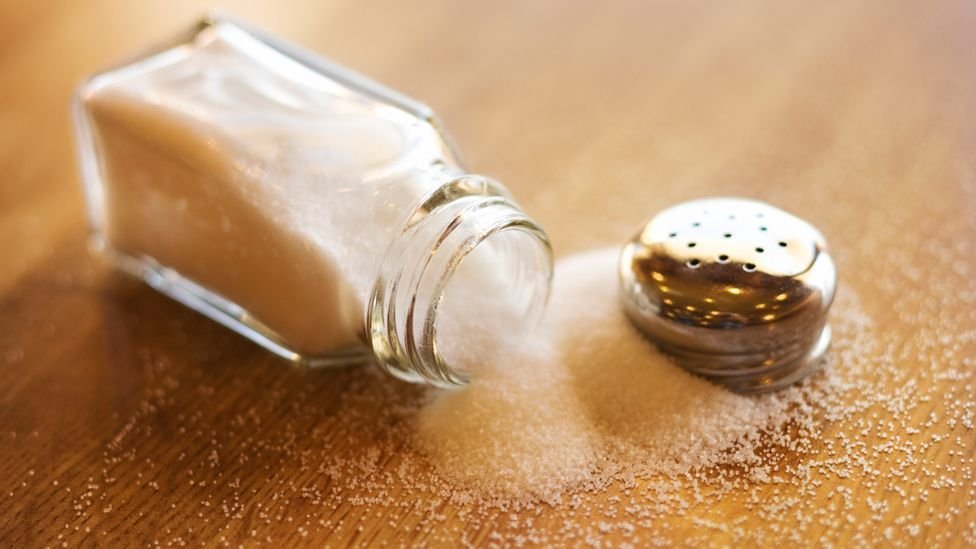Numerous individuals are aware that eating far too somewhat sodium is unhealthy. Not approximately as numerous people understand why. Dr. Cheryl Laffer, a lecturer of psychiatry at Vanderbilt University in Nashville, Tennessee,” says, “They’re shocked at the extent to which it can impact people.” “As well as considering the concentration of sodium in the Western diet.”
How Much Harm Can a Little Salt Cause?
According to him, the heart is the compressor and the arteries are the tubes. When the amount of blood that must pass through pipelines is increased, blood pressure increases. When you dwindle the pipelines, your blood pressure increases as well.

Salt can be used for both purposes. Once you have too much sodium in your scheme, your heart beats further in blood in a shorter period, raising your heart rate.
Salt also causes the boats to close surrounded by white time, and it’s the greatest prevalent “plumbing” characteristic of hypertension. The danger can strike at any time. And in the long run. The capacity of one’s coronary arteries to dilate is affected inside of thirty mins of having eaten too much salt, according to Elijovich.
Cardiovascular diseases, strokes, and both these complications can result from long-term hypertension. The great headline according to Laffer is that the advantages of reducing salt intake appear rapidly.
Your pressure decreases within days or hours if you markedly decrease the amount of salt you consume. And maintaining it cheaply can create a major distinction in the long run. They currently would have a countrywide exertion in the United Kingdom to decrease salt in advertising food items.
She says, “In a few years, the incidence of cardiovascular threats and or other negative results had decreased.” Abundance salt could even put stress mostly on kidneys in addition to the heart. According to Laffer, one of one’s functions is to ingest salt.
“However, in high blood pressure, the kidneys may well not metabolize salt properly. They might be able to keep it.” This can cause a variety of issues, including distended feet and fluid build-up all around the cardiovascular system. Salt could also harm the nervous system by impacting internal organs and increasing heart rate, both of which are significant heart attack factors.
It may also alter the behavior of the brain, which is involved in salt stability and regulating blood stress Researchers are only beginning to understand how sodium operates. It’s difficult to make broad declarations regarding salt as well as wellness.
The fundamental processes by which salt enters the skin are unknown. A few other individuals with normal arterial stress can consume salt without experiencing a rise in their blood stress.
Others could suffer from “salt sensitivity,” a condition in which even modest salt consumption raises blood pressure. Although salt and salt are not synonymous, salt accounts for the majority of salt in packaged and eatery food products, and the conditions are often utilized synonymously.
This might create an impact on anything you did. A review of 85 research released in the magazine Circulation early this year found that any drop in salt reduces hypertension. Salt should be consumed with caution by everyone with hypertension.
Laffer, on the other hand, believes that everybody must be aware of whatever it accomplishes “That is my advice to everybody who visits my office. Regardless if it’s a fit young individual who isn’t obese, I remind them that salt consumption should be limited.”
